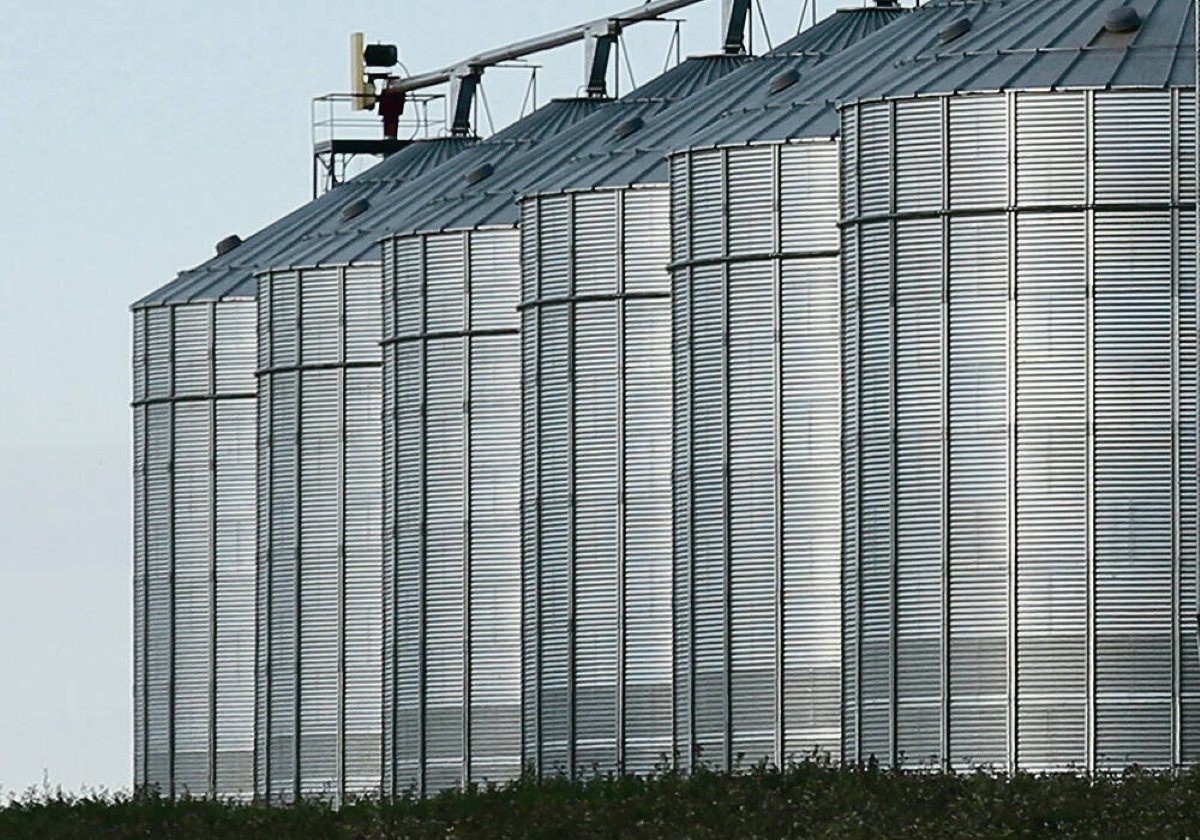Flood mitigation has been on the Alberta government’s agenda since the granddaddy flood of 2013 wreaked $6 billion in damage to Calgary, Bragg Creek, High River and many other communities.
Millions have been spent on recovery and more will be earmarked to protect communities from future floods, said Andy Lamb of Alberta Environment and Parks.
Lamb told those at the Nov. 23 meeting of the Alberta Irrigation Projects Association that mitigation plans have seven elements:
* overall watershed management
* modeling
* management policies
* water management
Read Also

ADM cuts 2025 profit outlook on biofuel and trade uncertainty; shares tumble
Archer-Daniels-Midland cut its 2025 profit forecast for a third straight quarter on Tuesday as U.S. biofuel policy uncertainty and global trade disruptions pressured oilseed crush margins.
* infrastructure
* erosion control
* local mitigation initiatives
“We’re trying to take a systems approach” by examining each river basin system in Alberta, Lamb said. Part of that involves spending $8.7 million on flood hazard mapping.
Lamb said the department will look at floodway development restrictions and work toward relocating operations, businesses and infrastructure that are already there.
“Once we do new mapping, those areas that previously weren’t in the floodway now are, and potentially properties that previously weren’t in the floodway are and under different rules. So we’re also looking at things like special policy areas to try and address that issue.”
More than $200 million has been committed for erosion control measures, including bank stabilization and construction of dikes and berms.
A certification program for berms and dikes is now needed, Lamb added.
“We don’t have certification program to define exactly what kind of dike we would have confidence in to be able to withstand an event.”
As for community projects for flood mitigation, “we are reviewing applications as we speak for this year’s allocation of funding,” said Lamb.
He said there were 125 applications as of Nov. 23 for the $30 million in available funding.
Individual home damage will continue to be addressed by the provincial disaster recovery program, amendments to emergency management plans and setting minimum standards for homes, Lamb said.
The government is also working with insurance companies to devise ways to protect property owners in flood plains.
The department’s new resilience and mitigation branch is dedicated to long-term drought and flood mitigation and has 40 staff members.
Among flood-related announcements this fall were plans to build a dry dam near Springbank, flood mitigation work in Bragg Creek and Redwood Meadows, establishment of a Bow River working group, multi-year infrastructure funding for mitigation of the Highwood River in High River and multi-year river hazard studies on the Bow, Elbow, Sheep, Highwood and Peace rivers, Lamb said.
He referred to a Room for the River project that Alberta WaterSmart is investigating.
“It’s not a project yet, but it’s a direction we want to go.”
Megan Van Ham of Alberta WaterSmart said the idea is based on one in the Netherlands for the Rhine River.
A 15-year project there is now slated for completion next year. It involved extensive public input, selection of 39 projects and $2.3 billion in spending.
Infrastructure was moved and new development was designed to leave more room for river flow.
Van Ham said Alberta’s mountain rivers are much different from the usually placid Rhine, so a project here would have different challenges.
Contact barb.glen@producer.com















